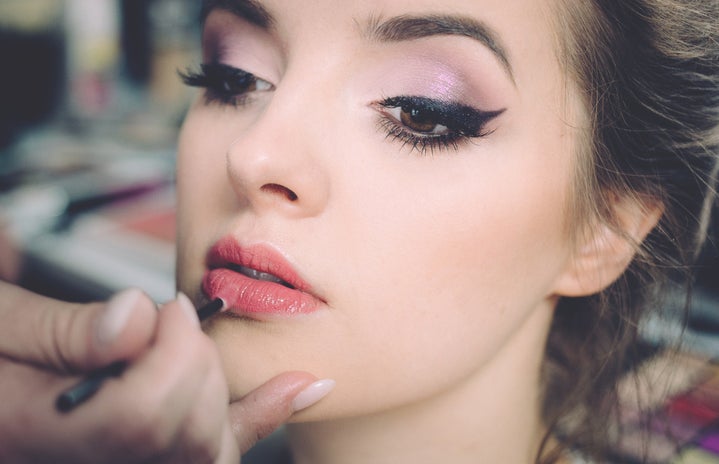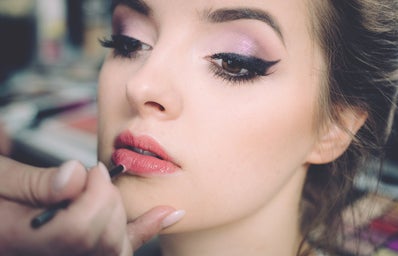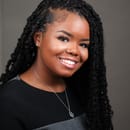I don’t know if it’s just me or is the world full of uncultured vultures whose vocabulary of words is misleading?
Black Queens, don’t you hate it when the words ‘nappy’ or ‘good hair’ are spoken to black women to describe her beautiful tresses? For black women, our hair is the most precious feature about us that makes us unique and special. For derogatory words being said to put down the uniqueness of a person’s hair as the only words to describe the texture, especially knowing the history, becomes distasteful. Most people do not think that the terms nappy or good hair are derogatory words when talking about natural hair. The word nappy is a derogatory term to use when describing an African American persons hair, due to the negative history behind the term from the slavery period. Good hair may not seem like a harmful or derogatory term, but it is an oppressive and non-intelligent way to describe one’s natural hair. These two terms in the black community create a negative separation between what is beautiful and accepted as beauty.
The origins of the word ‘nappy’ come from the plantation to insult the slaves, and put them down to make them feel inferior. This term is directed towards African American woman to make them feel less than and not beautiful. Most of the time people would associate nappy hair to darker skinned women and good hair toward lighter skin women. This created a social construct in the black community for generations, disputing which of the two were prettiest due to hair and skin complexion. The twentieth-century generation black community would call an afro or natural state of hair nappy. If it wasn’t fried or relaxed, it was unkempt and nappy. Historically, the black community had to find a way to assimilate to white culture in America, so the looks of the white woman having long straight hair was the look of beauty and desire. This comes from the thinking that white is right; therefore, their hair was known as good hair. As opposed to wearing wavy, coily, or kinky natural hair, black women disregarded the health of their own hair texture to appeal to the look of white American society.
Now, in the twenty-first century, there has been some light shed on why black women relax their hair. Chris Rock, in 2009, did a documentary called Good Hair, about the history of black women and their hair from relaxers to weaves. The documentary made it known how much of an investment it was for black women to keep their hair maintained. The millennial generation has been the kickstarter of the natural movement today and has even developed its own community of beauty products for all hair textures no matter the skin complexion. Recently airing on Netflix, the film called, Nappily Ever After, shows a depiction of the struggle and importance of hair to black women and how society has an effect on decisions such as what to do with your hair as an expression of individuality and beauty. Progression has been made since slavery, and words like nappy, course or thick hair have been embraced by black women. It is liberating for black women of all textures to appreciate and love their hair despite what men or society may think.


